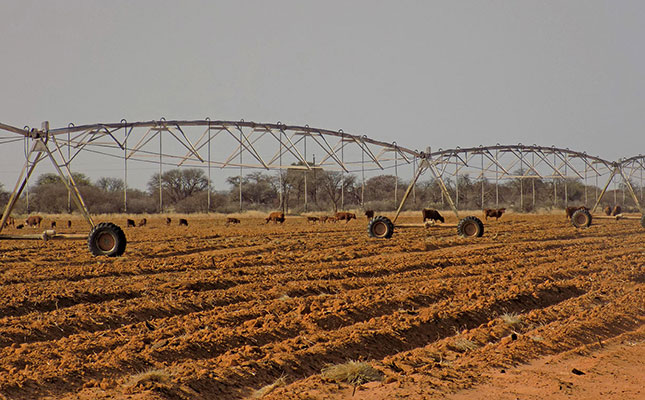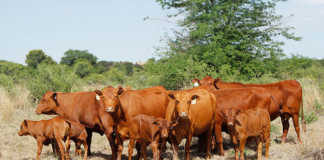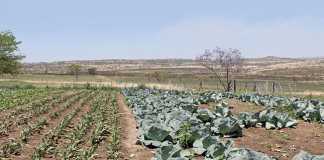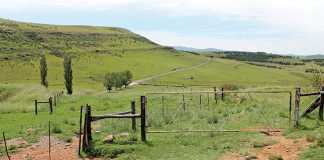
Photo: FW Archive
Eskom recently announced an electricity tariff hike of nearly 16% that will be implemented in April. This announcement, along with the recent increase in the minimum wage of farmworkers and possible fuel increases, would put many producers under increasing pressure.
According to Kulani Siweya, agricultural economist at Agri SA, the latest round of electricity tariff hikes would have a negative impact on the agriculture sector, particularly on the highly irrigation-reliant and energy-intensive industries such as the horticulture, dairy, poultry, grains and agro-processing industries.
Eskom announced that it would be increasing electricity tariffs by 15,63%. This followed after the High Court of South Africa (Gauteng division) ordered the National Energy Regulator of South Africa (NERSA) to add R10 billion to Eskom’s allowable revenue, which would be recovered from customers in the 2021/2022 financial year.
“Electricity is an important input cost for many farmers, and currently the sector spends up to R146 billion on intermediate goods and services, of which electricity accounts [for] approximately R7 billion (5%). This poses a risk to food security and food prices over time, owing to the fact that over 25% of the country’s food is produced by irrigation-reliant and energy-intensive industries,” explained Siweya.
He said that this was not equitable to farmers that were already being battered by other rising costs, which included input costs, fuel prices, wages and the potential increase in water tariffs.
“Load-shedding does not aid the dire situation either,” he added.
Nevertheless, he said that this did present the agriculture sector with an opportunity to be part of the solution in addressing the country’s power supply challenges through self-generation, which would help solve the energy crisis, while making power more affordable for the sector.
Bennie van Zyl, general manager of TAU SA, said that the price increases faced by the agriculture sector would have a negative impact on producers and their profitability, but emphasised that the impact would differ from commodity to commodity and farm to farm.
He said that government needed to start realising the importance of food security and its responsibility to stabilise the agricultural environment to ensure that no more job losses occur.
“We already have 40% unemployment in our country. These new increases, especially the minimum wage, will cause even more job losses.”
He pointed out that despite the price increases, farmers also often fell victim to theft, which resulted in financial losses and put further strain on their finances.












